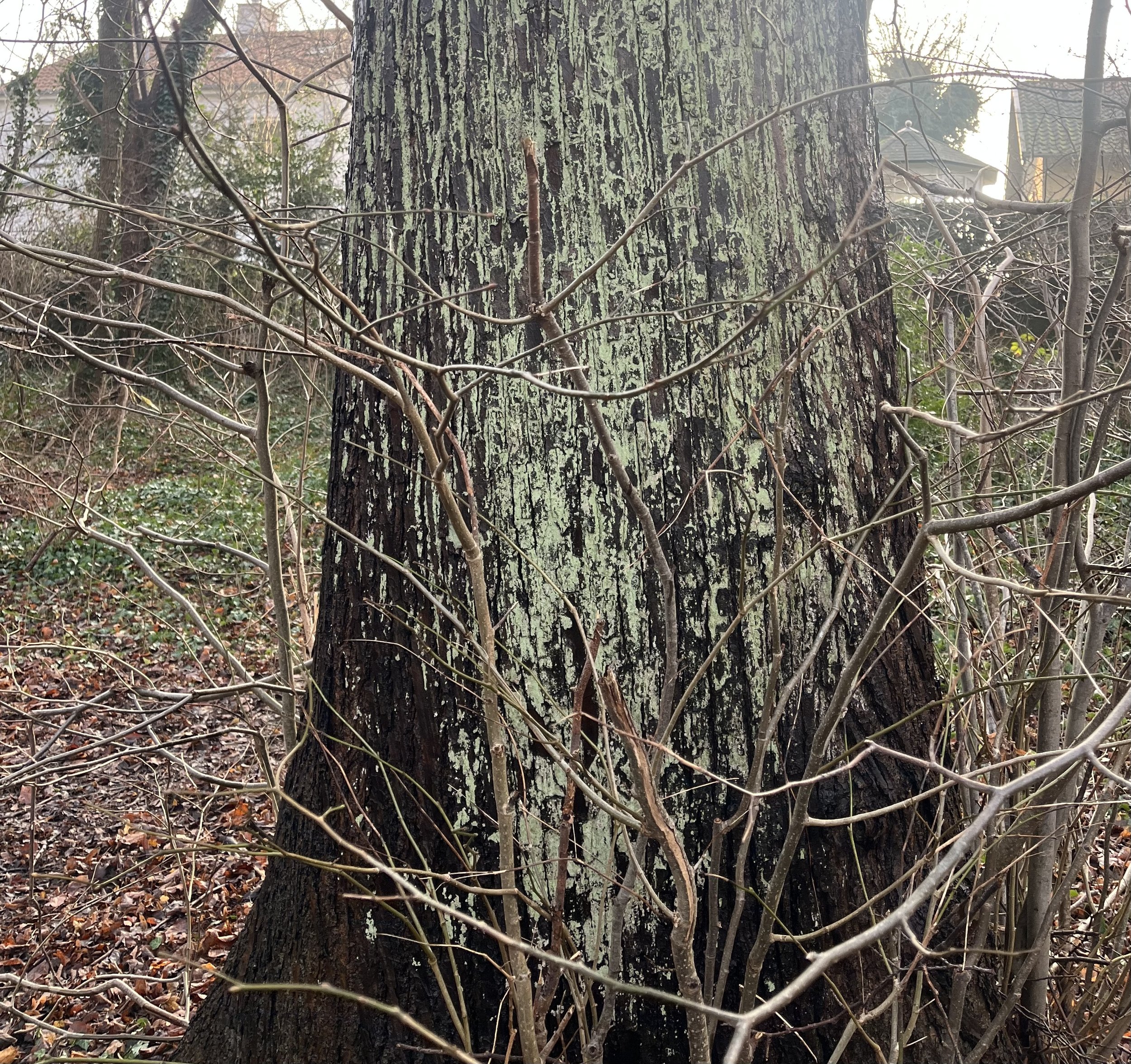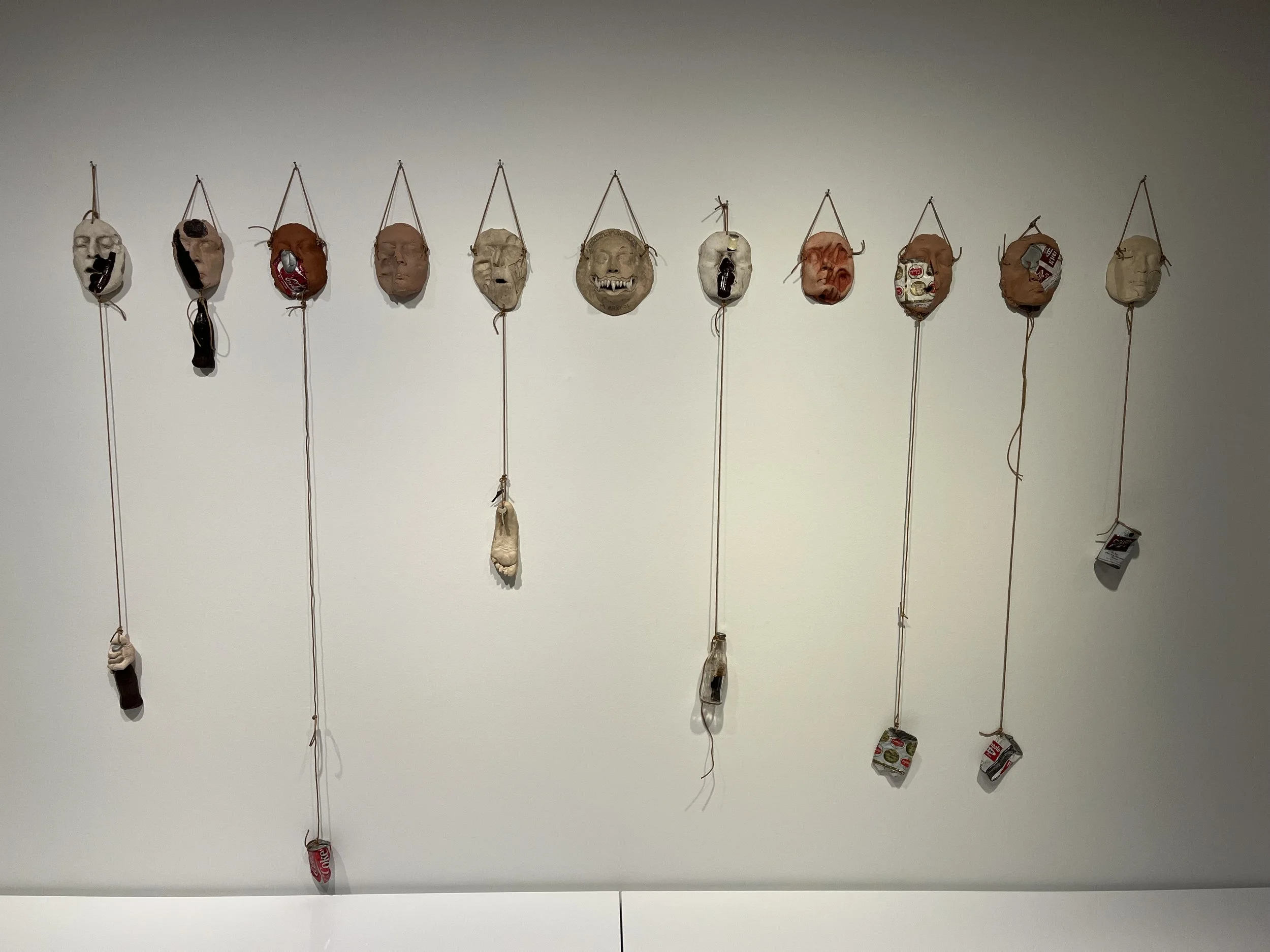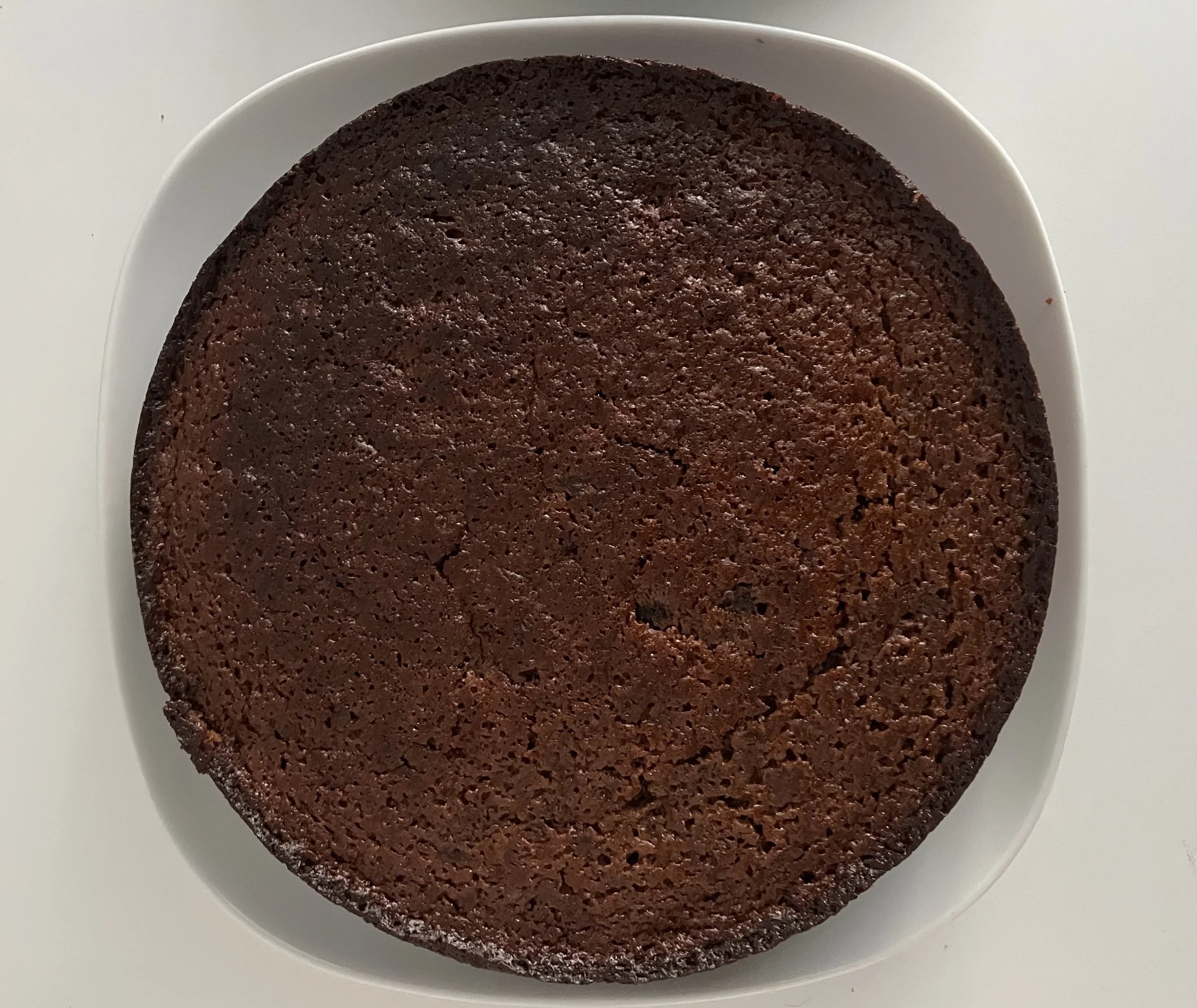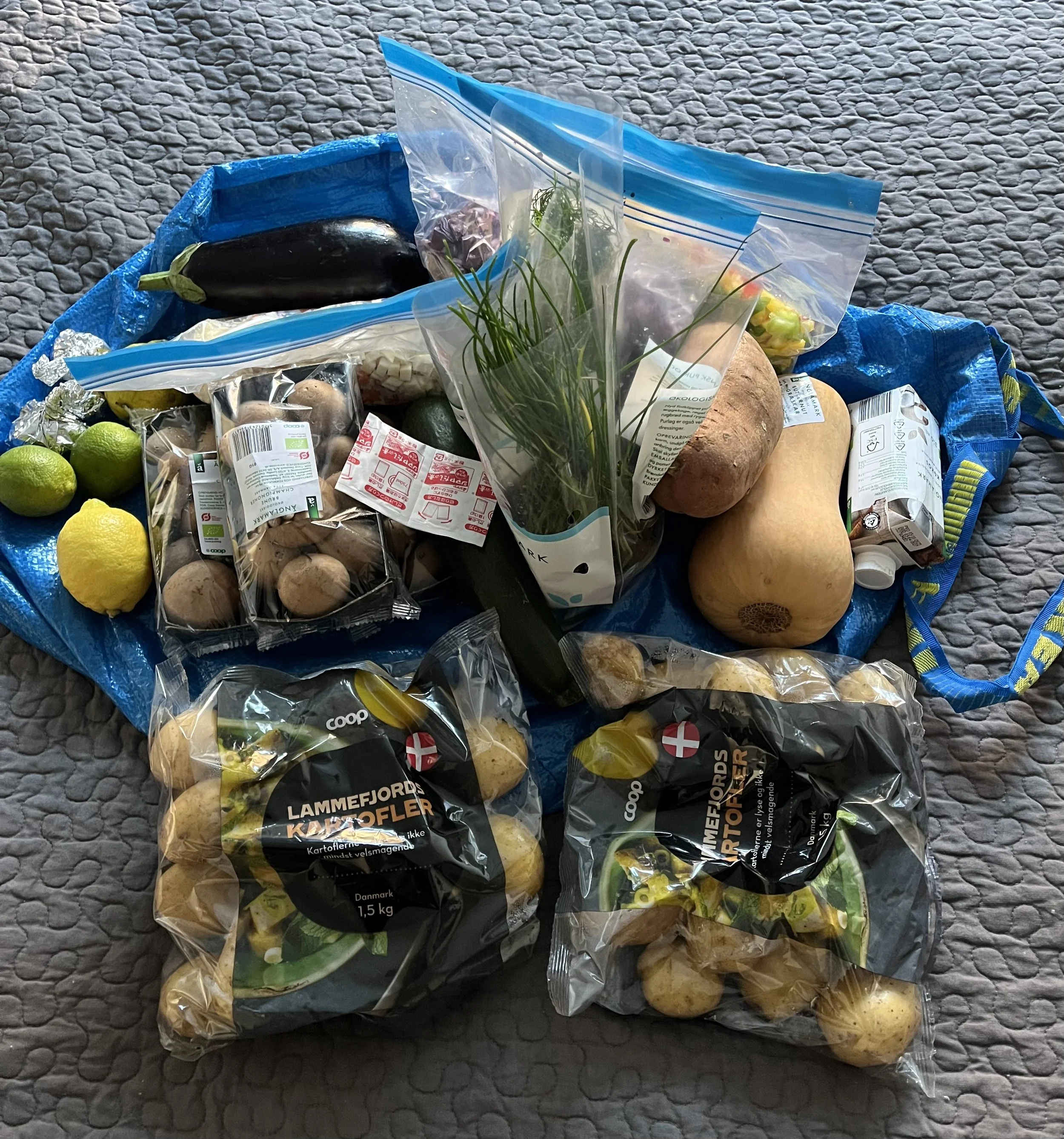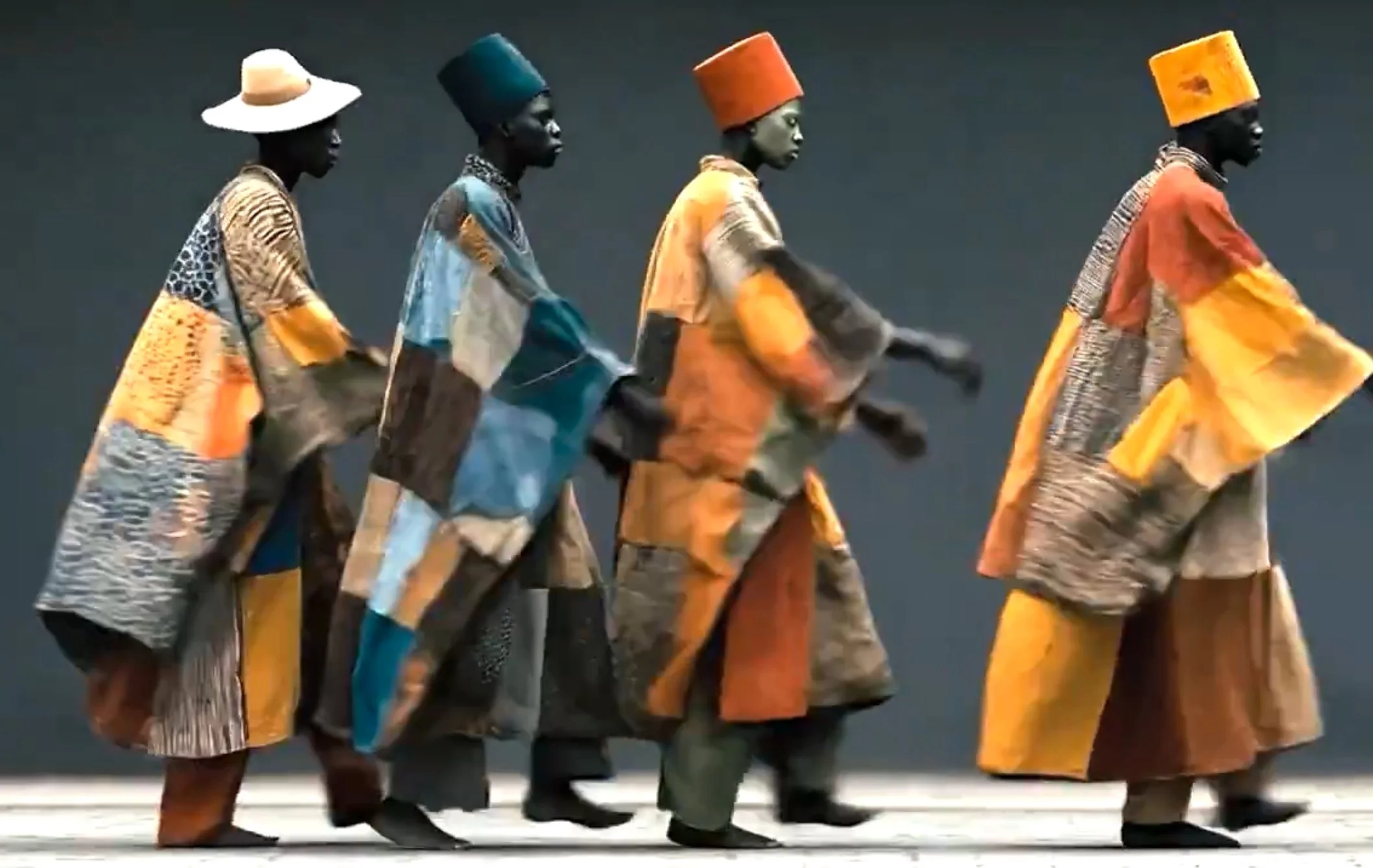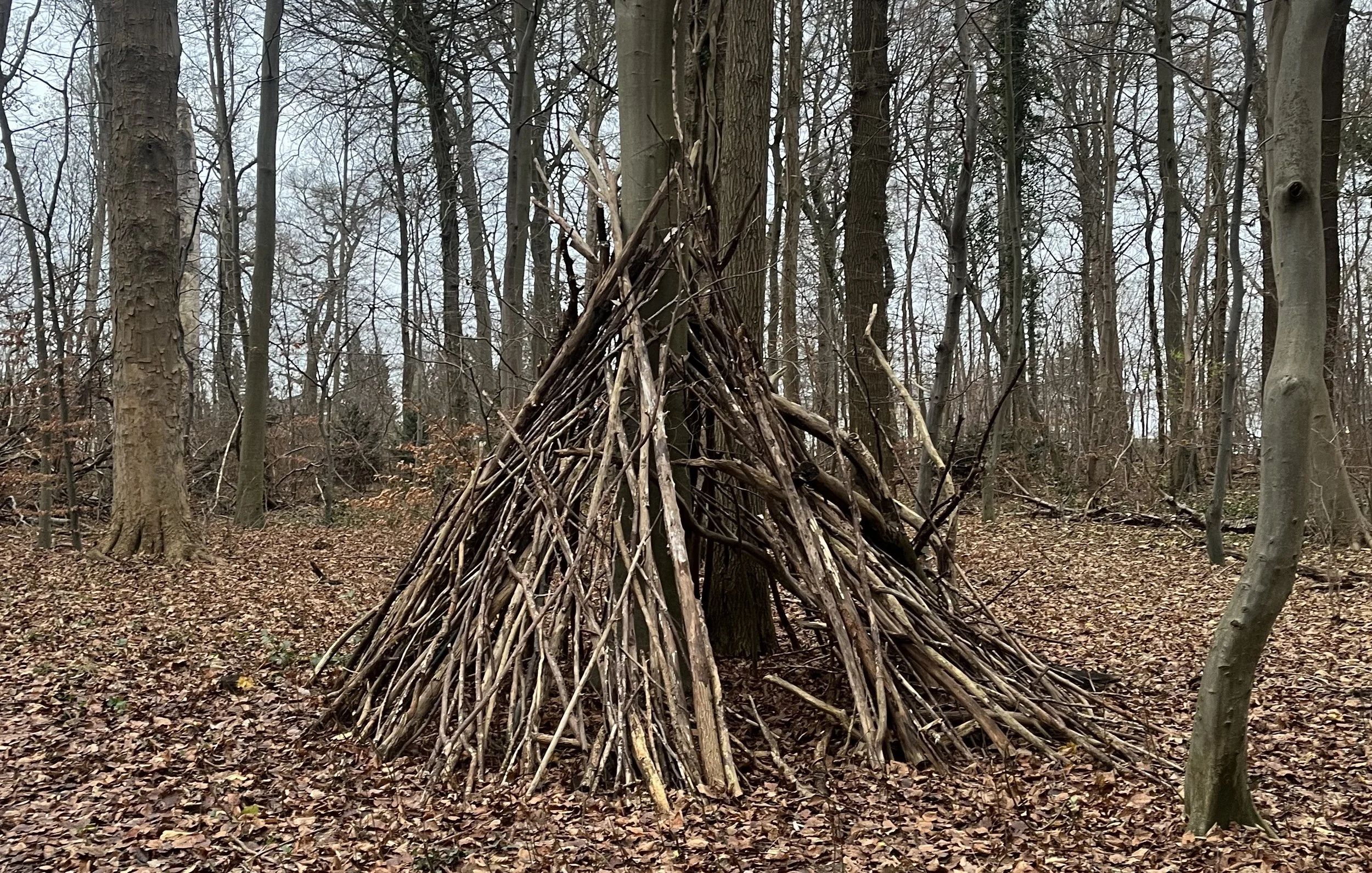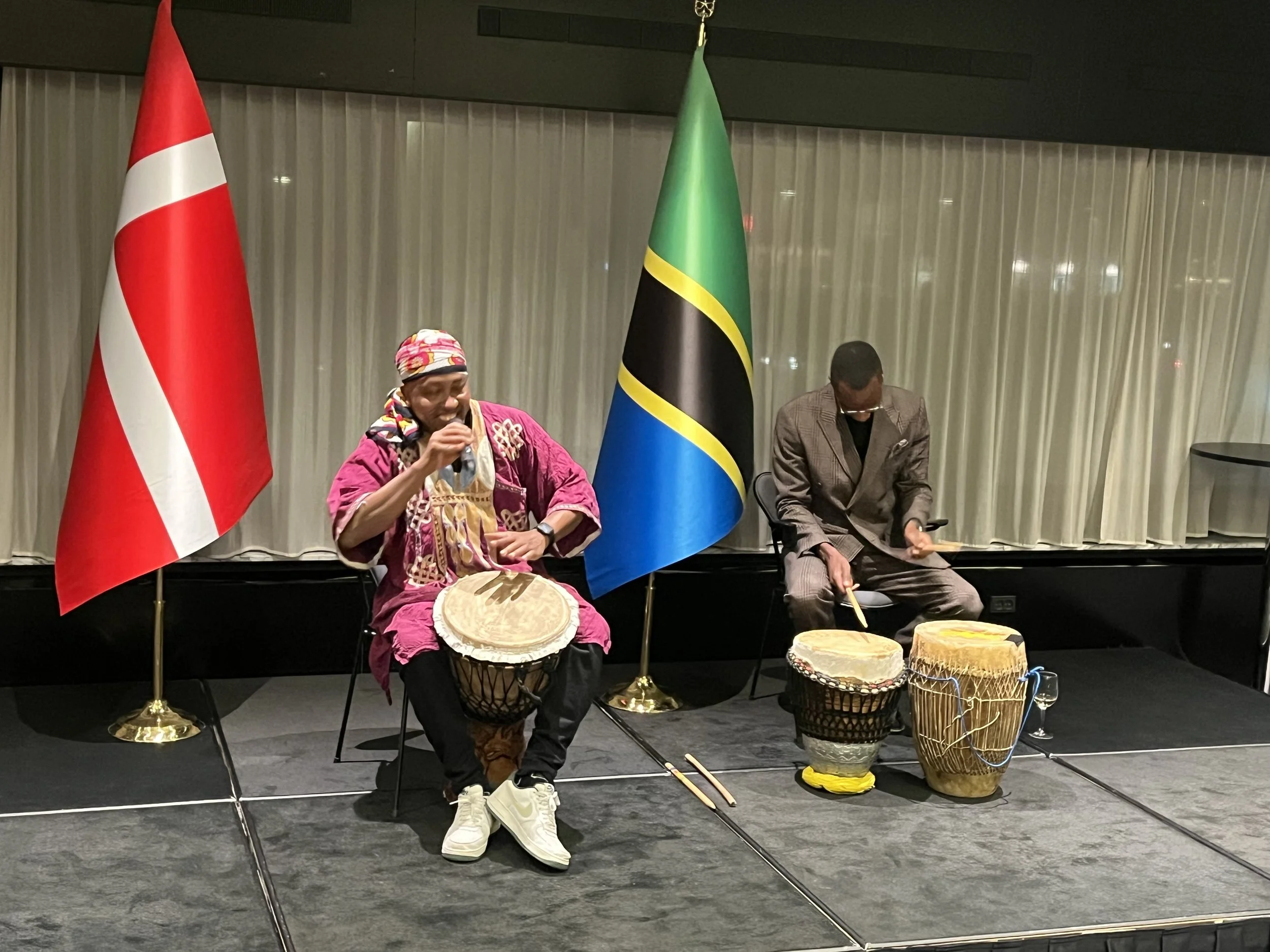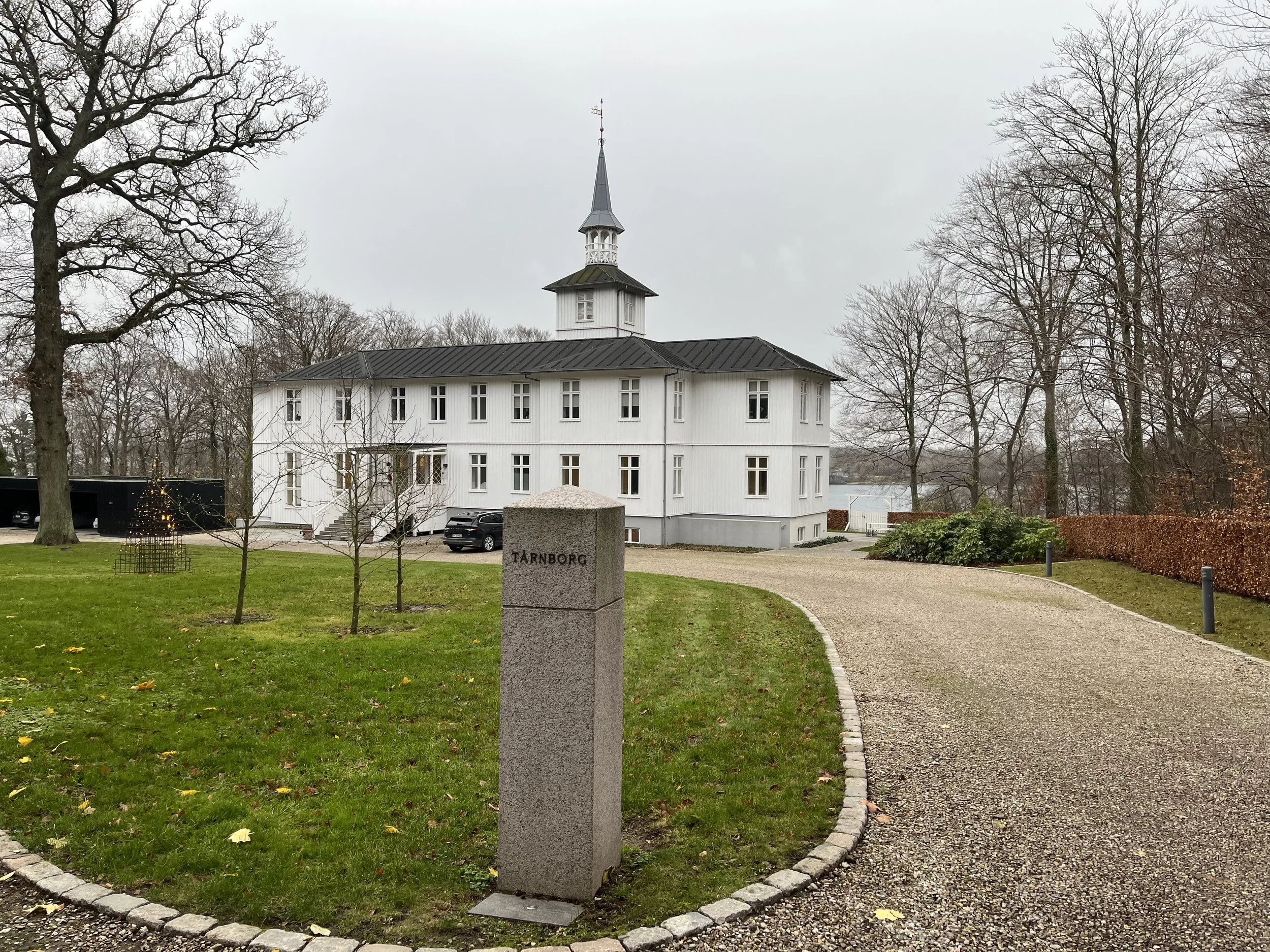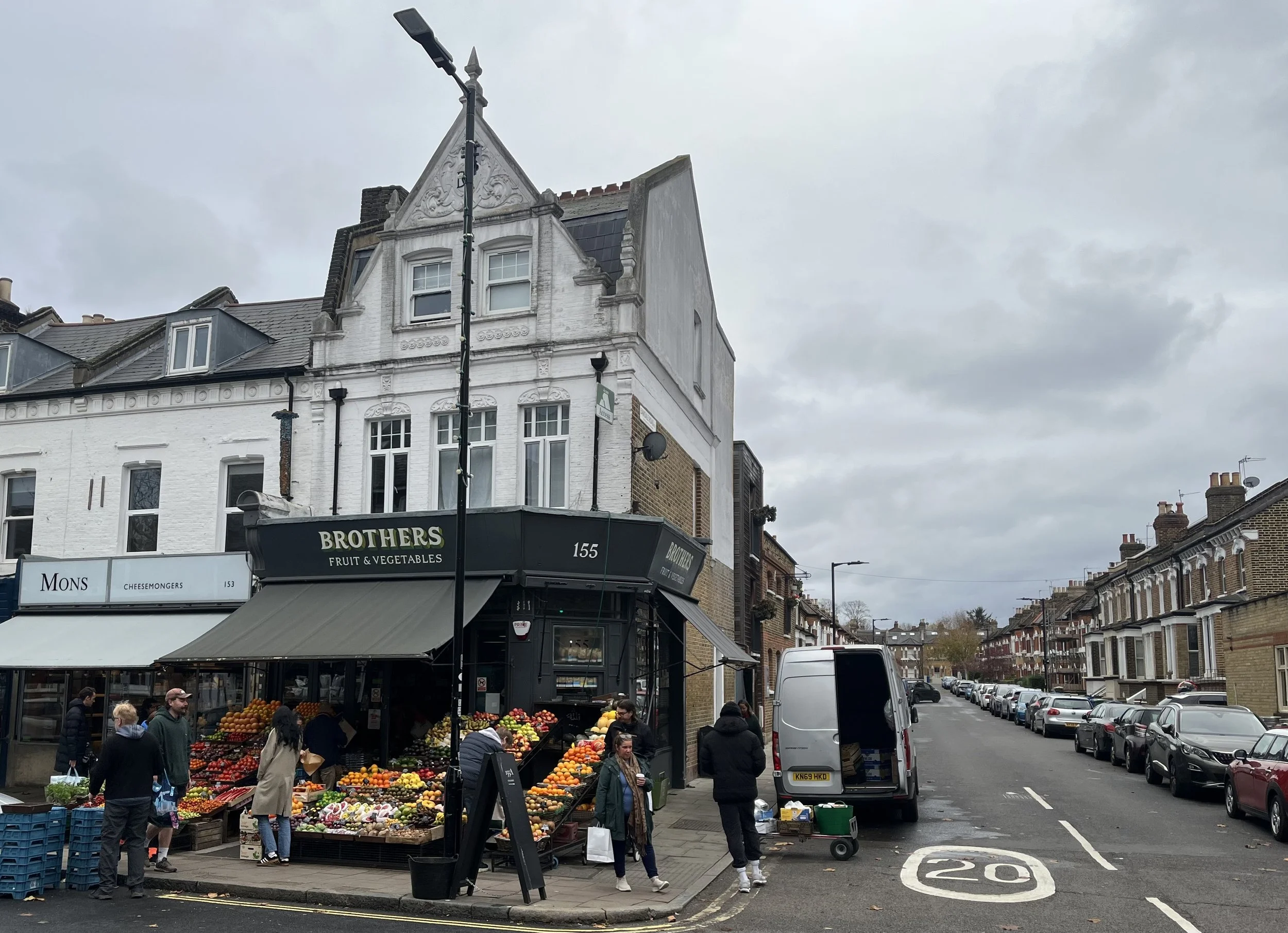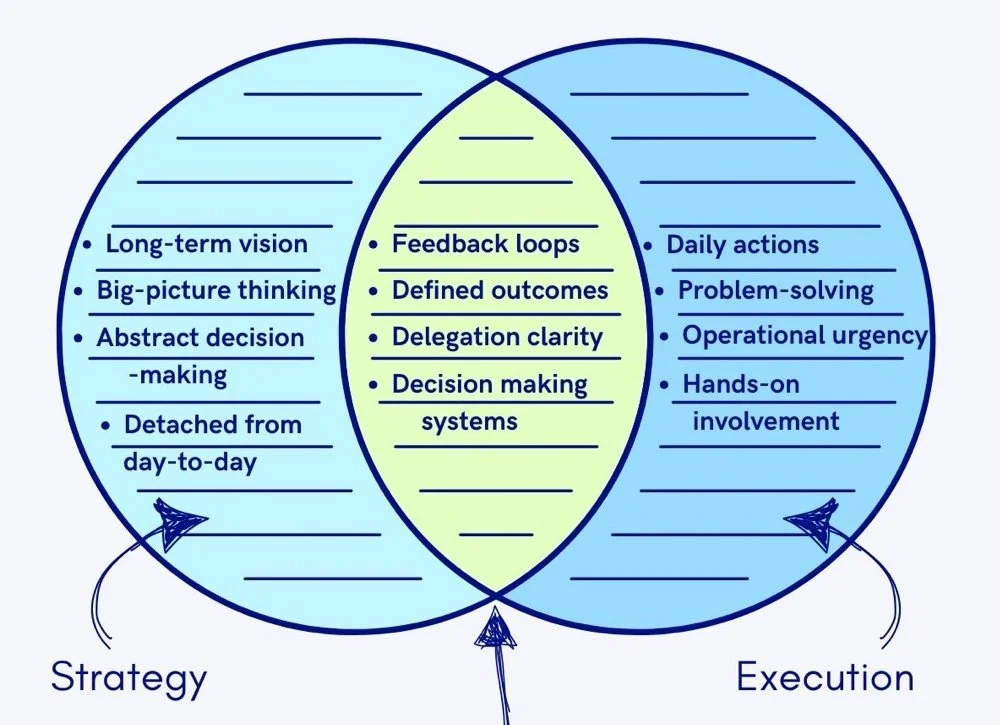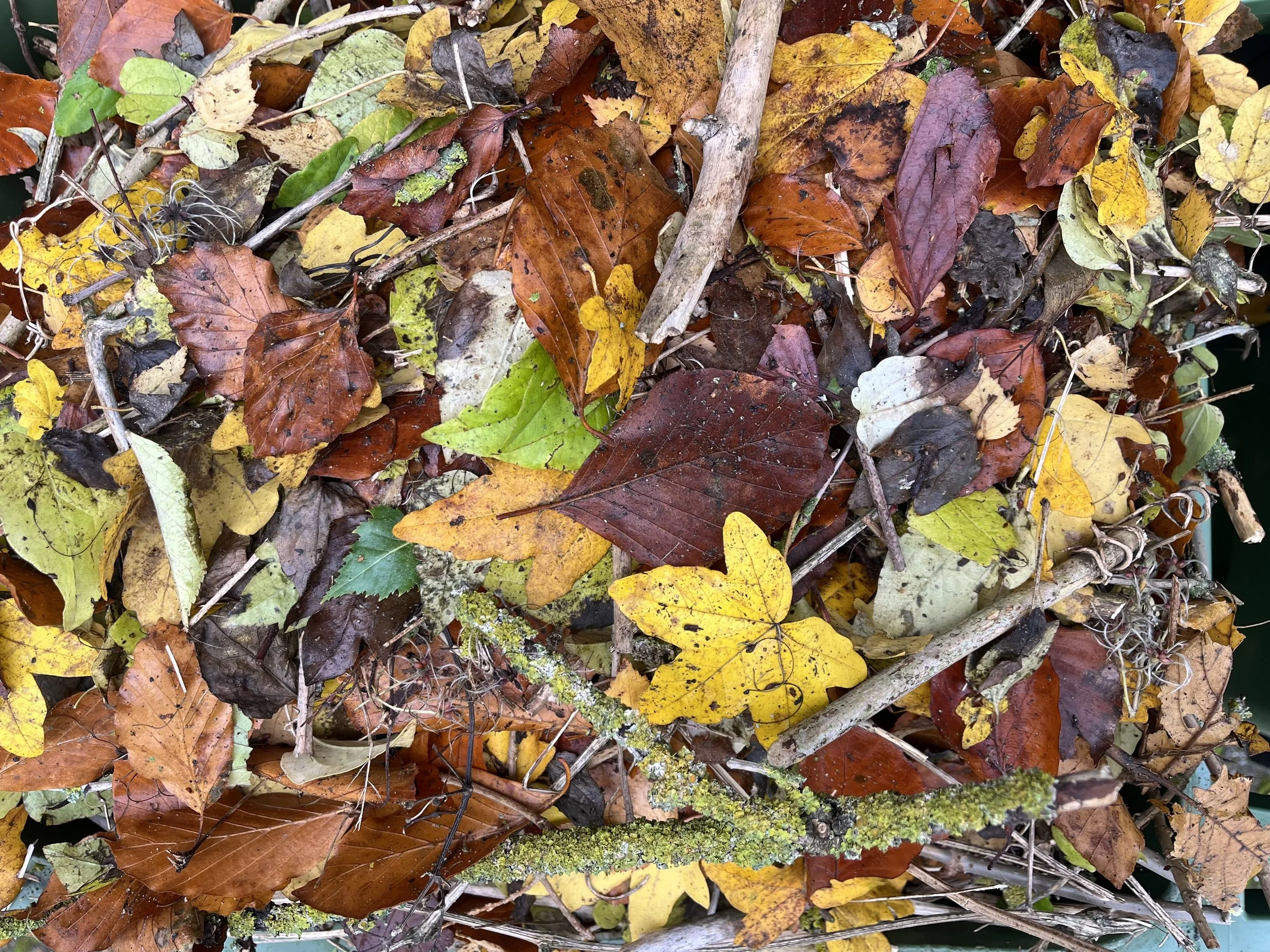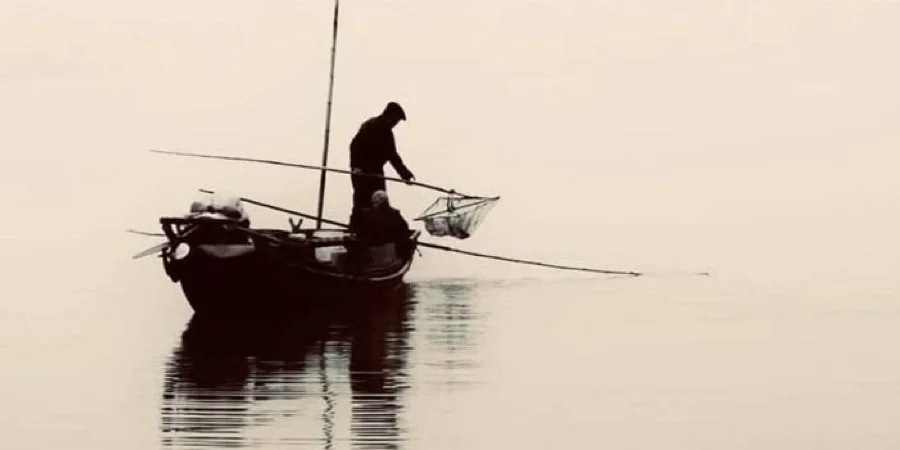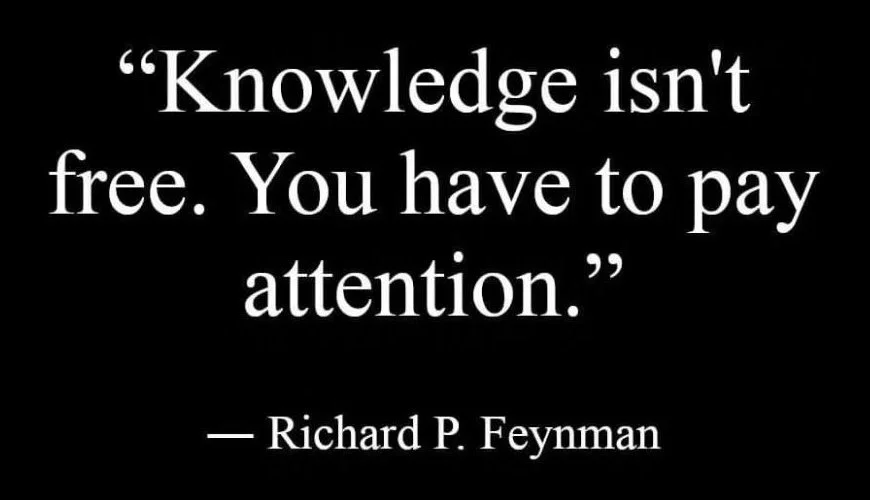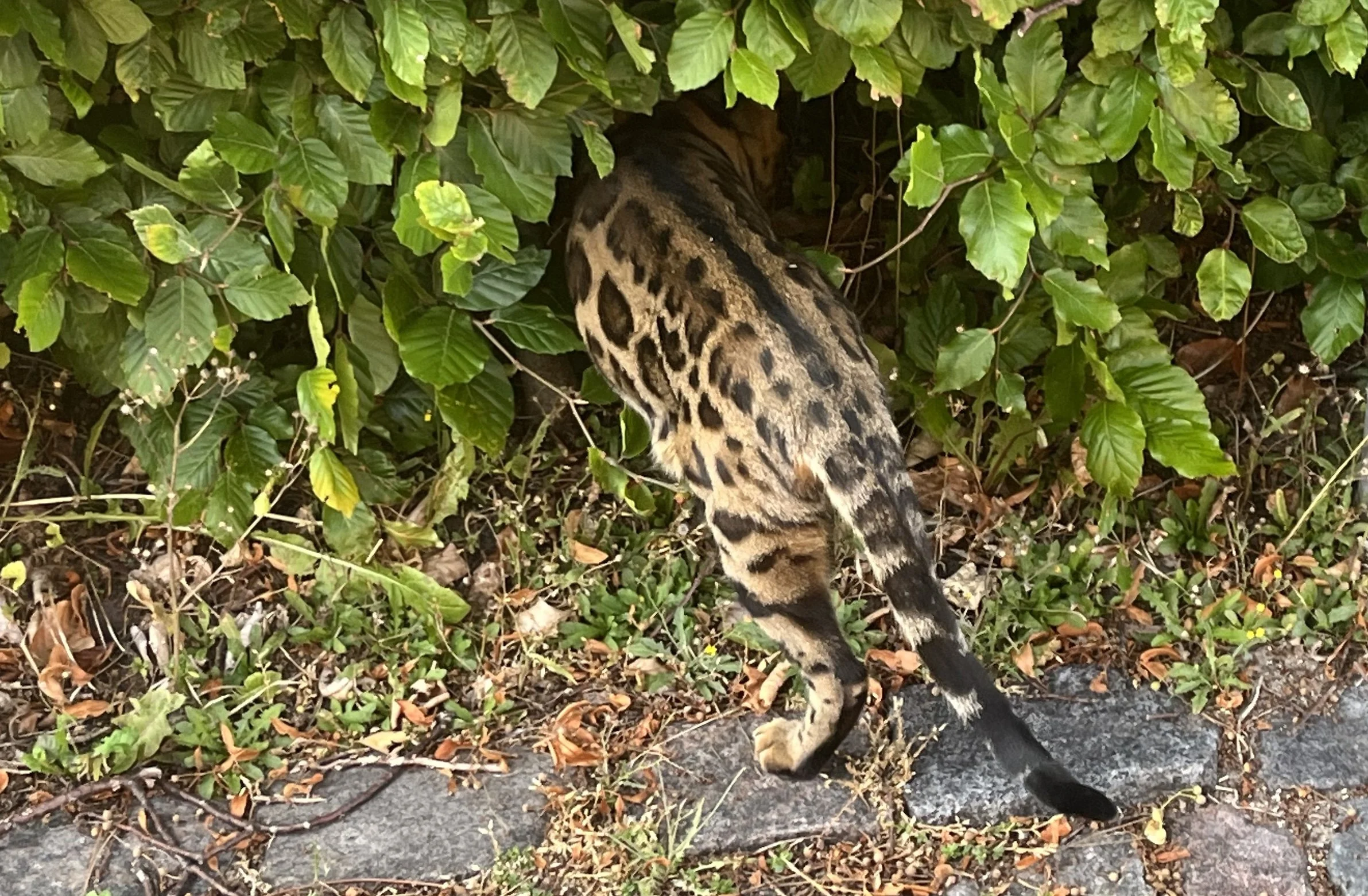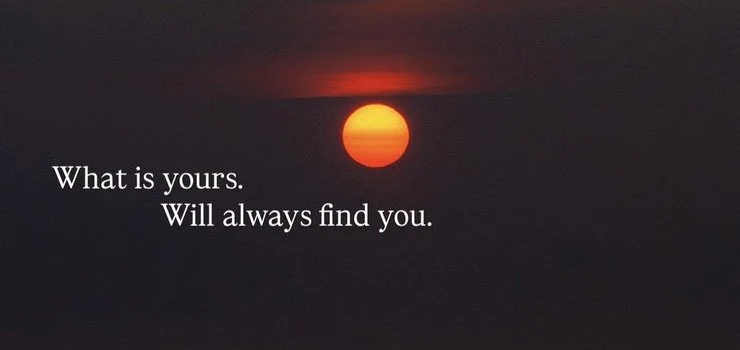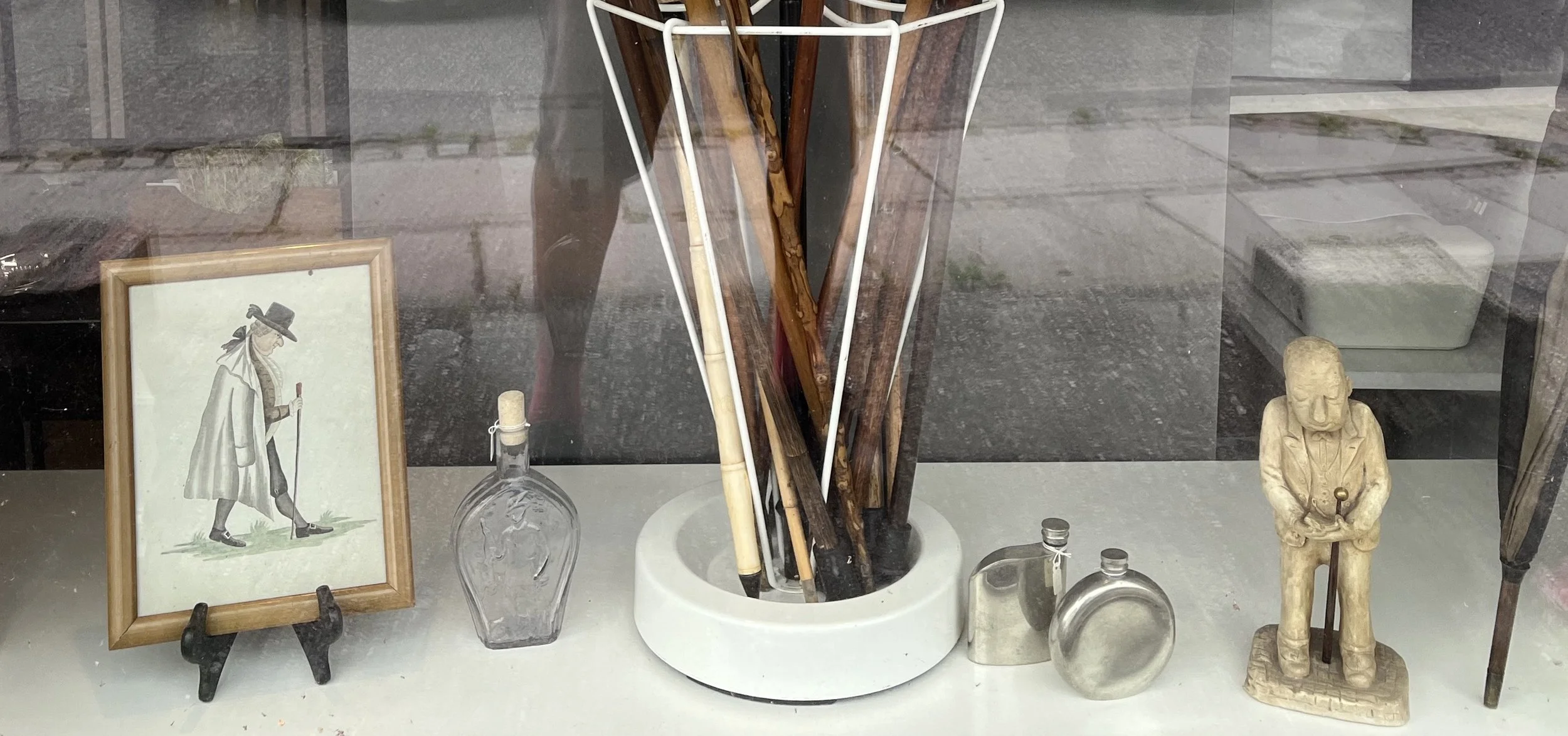When asked whether the world would be better or worse off if I became more influential and powerful, my answer is that it would be better off. At the same time, I feel uncomfortable with the idea of seeking greater influence, as it pushes me outside my comfort zone. This raises a deeper question about priorities: whether personal comfort should take precedence, or whether making the world a better place sometimes requires discomfort.
““You don’t fix the mirror by polishing the reflection, you fix the mirror by changing what is standing in front of it.””


